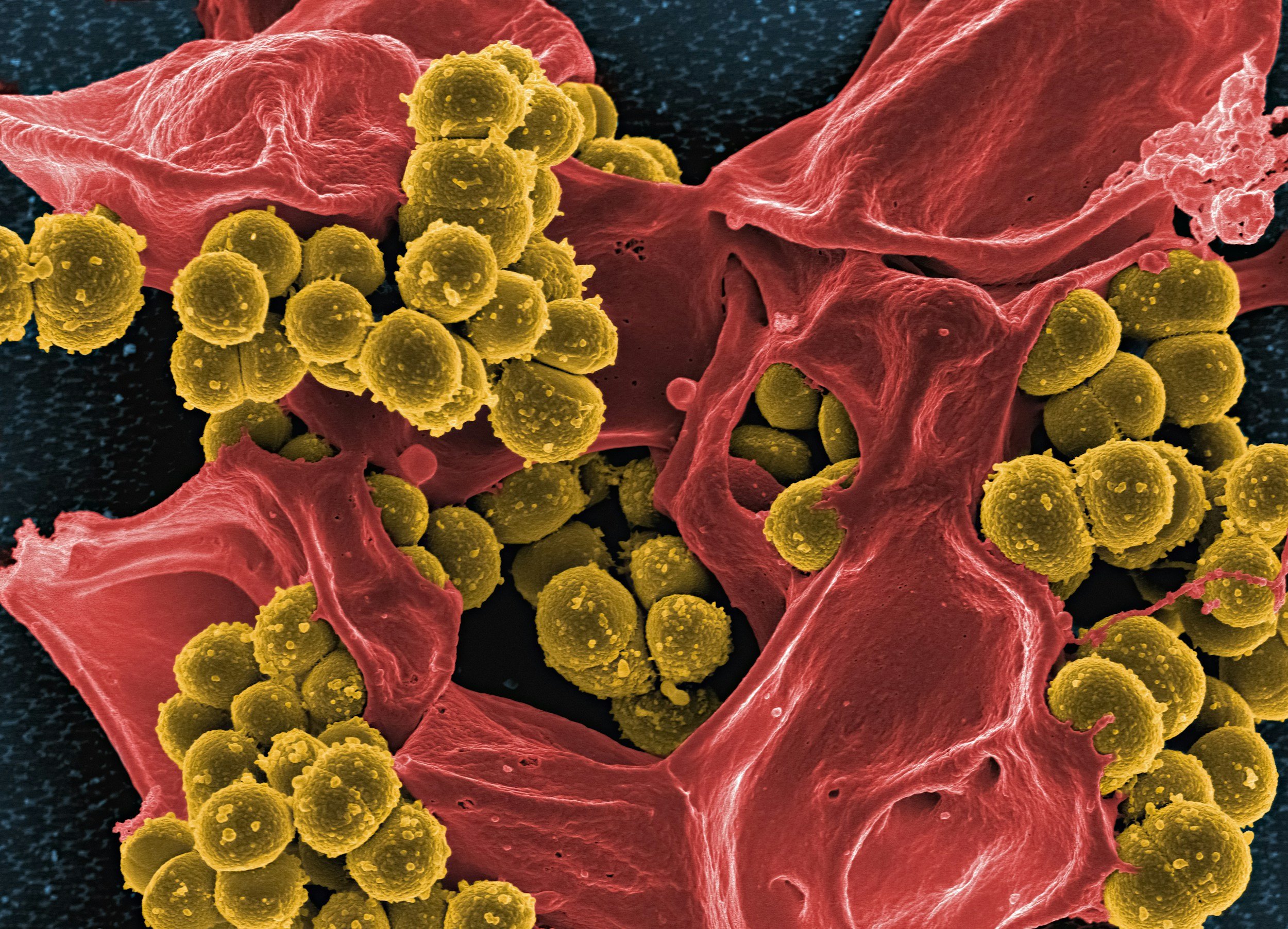
The Brain Good Blog
Neuroscience-backed insights from a trusted expert—empowering everyday people to optimize memory, beat brain fog, and boost brain health.
By Dr. Tanzila Kulman, MD—neurologist and brain health expert helping you stay sharp, focused, and fog-free

The Connection Between Gut Health and Brain Fog: Why Your Stomach Might Be the Key to Clearer Thinking
Brain fog isn’t just in your head—it may start in your gut. Learn how digestive health impacts memory, focus, and clarity, and what you can do to fix it fast.

Afternoon Brain Fog: Why You Crash at 2PM—and How to Fix It Naturally
Ever hit a mental wall after lunch—even when you slept fine? As a neurologist, I’ve seen this pattern in thousands of patients. Discover why afternoon brain fog happens (hint: it’s not just caffeine) and how to fix it naturally using tools backed by clinical science.

Is Your Gut Health Destroying Your Memory?
Groundbreaking research from Stanford Medicine reveals the gut-brain connection directly impacts memory function and cognitive performance. Your gut microbiome communicates with your brain through the gut-brain axis, affecting hippocampal health and memory formation. Studies show specific gut bacteria patterns predict memory decline 6-18 months before symptoms appear, while intestinal permeability ("leaky gut") allows inflammatory compounds to damage memory centers. Dr. Brain Good's 14-day gut-memory reset protocol targets these microbiome imbalances to restore cognitive function and prevent further memory decline.

The Vitamin Deficiency Behind Your Afternoon Energy Crash
As a neurologist who's treated thousands of patients with fatigue and brain fog, I've discovered that afternoon energy crashes are rarely about poor sleep or stress. Instead, they're often the first warning sign of specific vitamin deficiencies that silently drain your brain's power supply.

This Morning Habit Could Be Ruining Your Brain Health
Each day of brain-healthy morning habits builds upon the previous day's benefits, creating what neuroscientists call "positive neuroplasticity"—the brain's ability to strengthen beneficial neural pathways through repeated activation.

